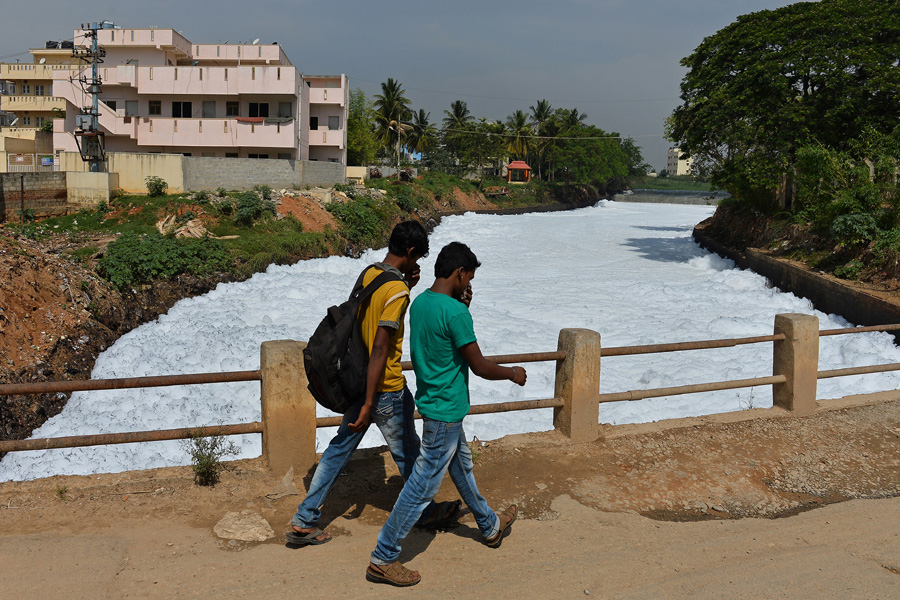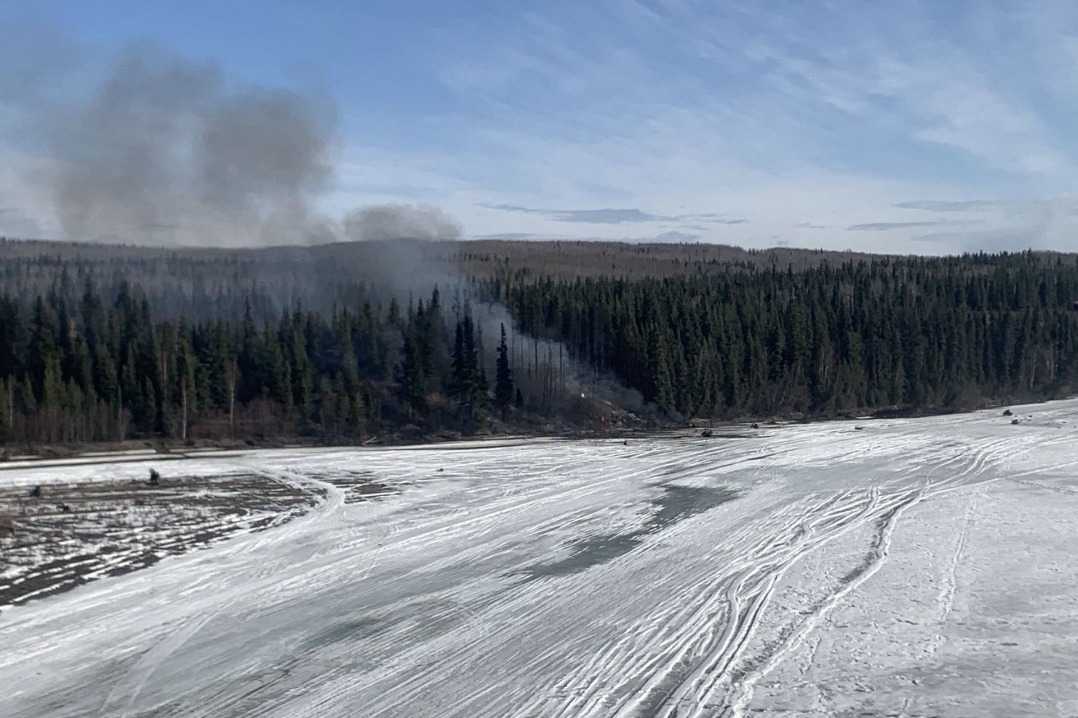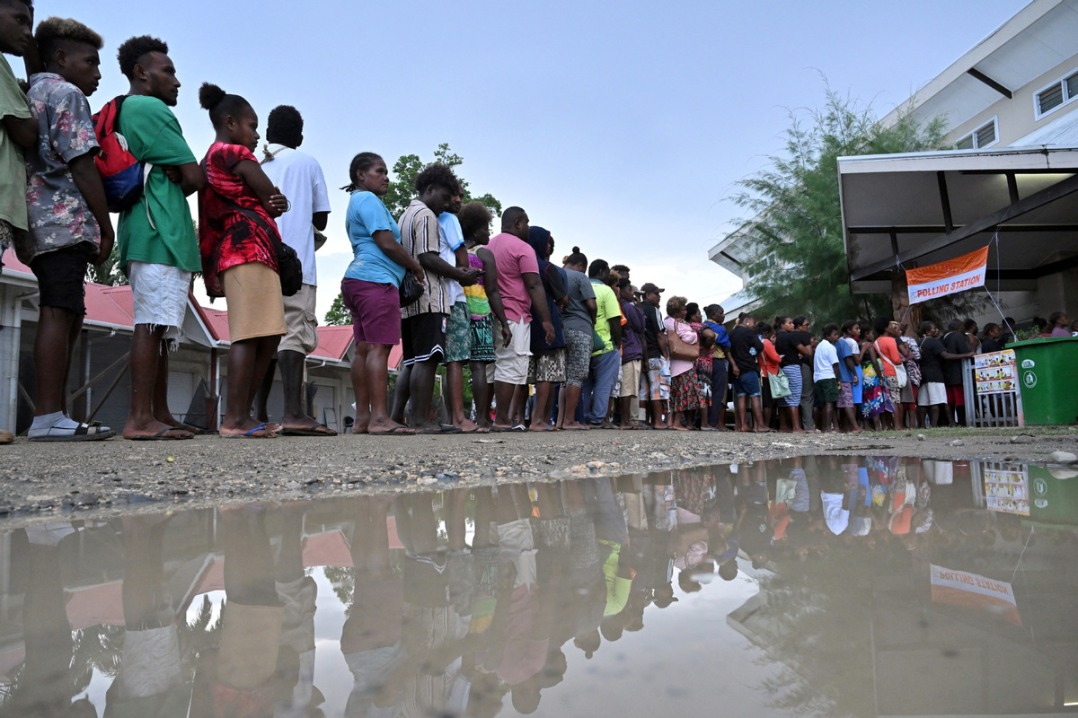India's Silicon Valley faces man-made clean water crisis


BANGALORE, India - Every day more than 1,000 water tankers rumble past a small plywood store in Bangalore. Gleaming new apartment blocks are still springing up all over the city known as India's Silicon Valley - even though there is nowhere near enough mains water to supply those already living and working there.
Many rely entirely on supplies shipped in by tankers filled from giant borewells that have caused groundwater levels to plummet, sparking predictions Bangalore could be the first Indian city to run out of water.
"There is a severe scarcity of water here," said Nagraj, 30, who moved to the suburban neighborhood of Panathur a decade ago and has seen it transformed by rampant construction.
Panathur lies next to Bangalore's biggest lake, Bellandur, which provides a poignant reminder that things weren't always like this.
"If the current trend of growth and urbanization is allowed (to continue), by 2020, 94 percent of the landscape will be concretized," said ecologist T.V. Ramachandra.
Already, more than half of Bangalore's estimated 10 million inhabitants have to rely on borewells and tankers for their water because there isn't enough mains supply to go round.
He says Bangalore has enough annual rainfall to provide water for its estimated 10 million people without resorting to borewells or rivers - if only it could harvest the resource more effectively.
Despite years of drought, the government still provides clean water to citizens at heavily subsidized rates and access to groundwater is largely unregulated.
No incentive
"In Bangalore 1,000 bottles of the cleanest treated water comes to our doorstep and we pay only six rupees ($0.09)... the incentive is not there," says A.R. Shivakumar, a senior scientist with the Karnataka State Council of Science and Technology.
Despite this, Shivakumar and his family have not used a single drop of mains water in the 23 years they have lived at their home in Bangalore.
Instead they rely entirely on rainwater collected through gutters and stored in large tanks under the house, which Shivakumar designed with water efficiency in mind. Even the cement used to build it was made with recycled water.
"This crisis will force everyone to take up measures like rainwater harvesting and water conservation measures," he said.
Agence France-presse



































